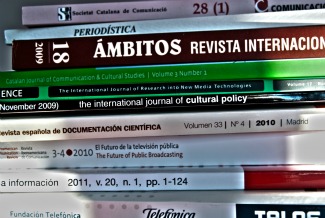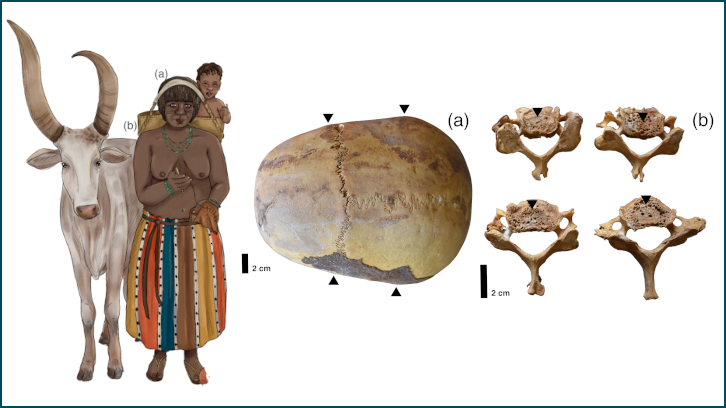Internationality of Scientific Journals

In the last decade, Spanish scientific journals in the field of social sciences and, among them, communication journals, have begun a process of formal improvement –accomplishment of periodicity, identification of authors, inclusion of abstracts and keywords, etc. – which has also been extended to a will of internationalization.
The internationality of a scientific journal can be measured by different means. Usually these means are formal –number of foreign members of the editorial committee, inclusion in international databases, affiliation with an international association, etc. –. However, this research was focused on three factors directly related with the content of the articles: origin of authors, language and the presence of national and international citations. The study analysed 1,182 articles published from 2007 to 2009 by the sixteen main Spanish communication journals.
The results indicate that these journals are basically nationally oriented, since less than 20 per cent of their authors come from abroad. Additionally, about 50 per cent of foreign authors come from Latin American countries. A safe conclusion is that language constitutes a barrier for foreign authors trying to publish their work in these journals. Although many of the journals analysed have an open-language policy –which allows authors to publish in different languages such as English and other Romance languages–, it has proven to have little success.
Among the one hundred most cited journals, nearly half of them are Spanish-speaking journals. Twenty-five per cent of these Spanish-speaking journals are edited in Latin America. The rest of the most cited journals are usually English-speaking journals. Journals published in other Romance languages like French or Italian are hardly cited despite the fact that different French and Italian theoretical schools of thought have historically influenced Spanish communication sciences.
Definitively, the degree of internationality of Spanish communication journals is limited to the Spanish geolinguistic region. Even the influence of a very close geographical and cultural group like the Lusophone world (Countries with Portuguese as the official language) is extremely limited.
References
"Appraising internationality in Spanish communication journals". Fernández-Quijada, D. (2011), Journal of Scholarly Publishing, 43(1), p. 90-109.


